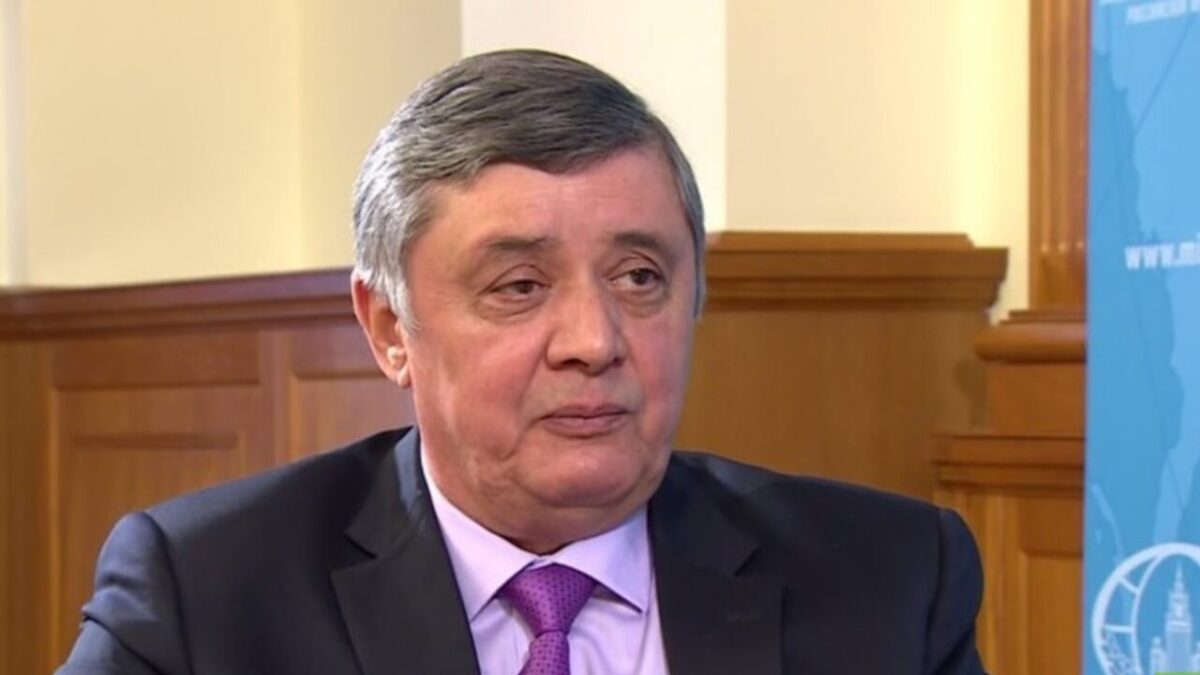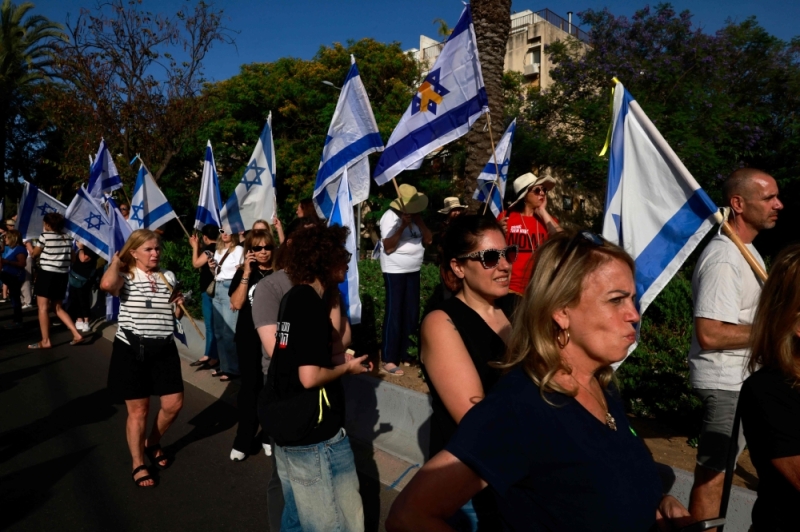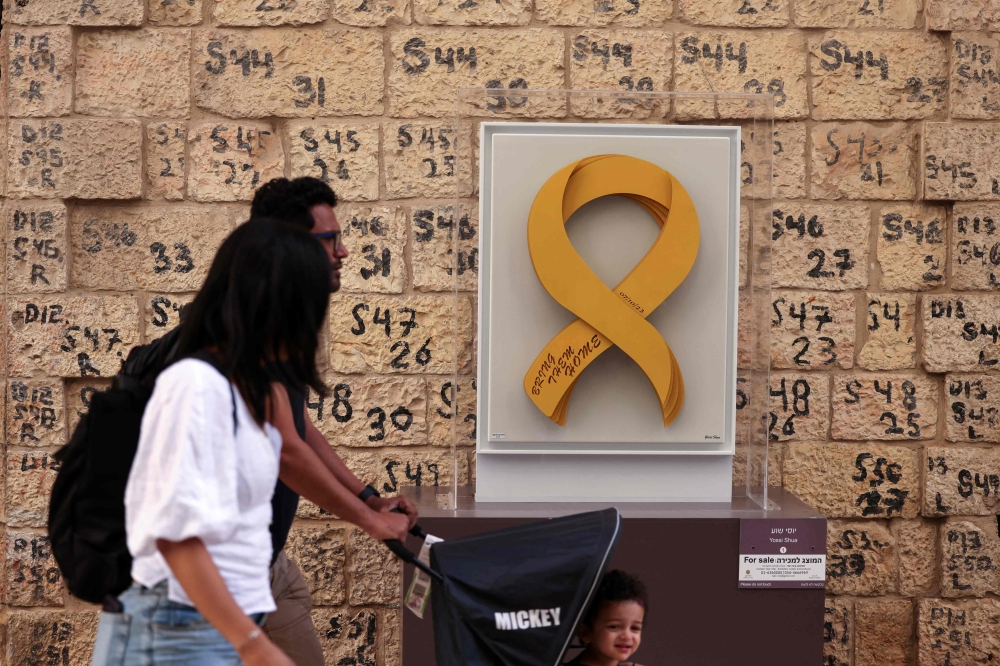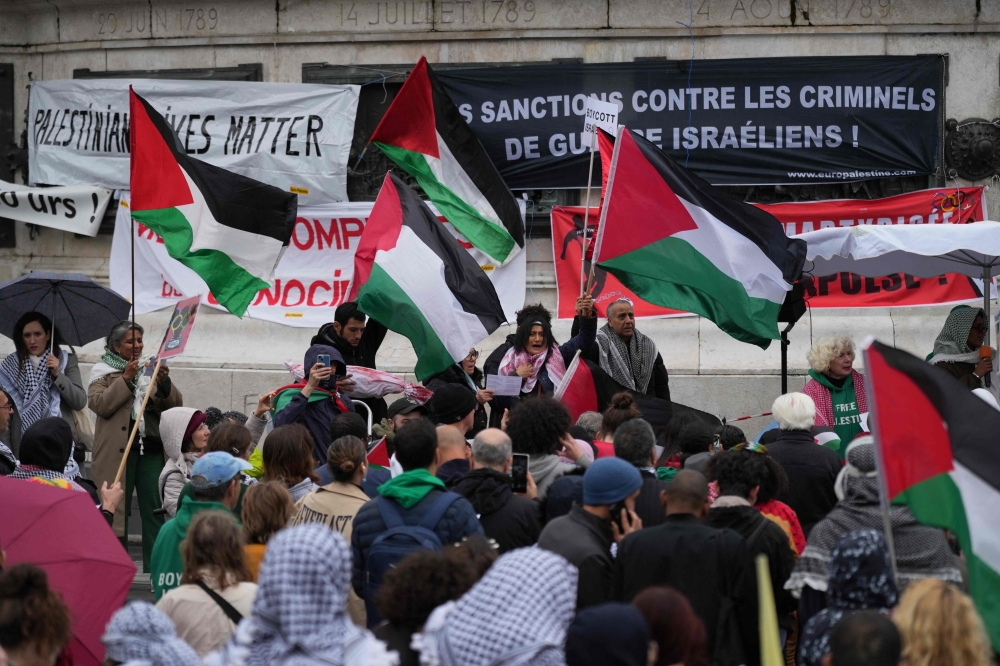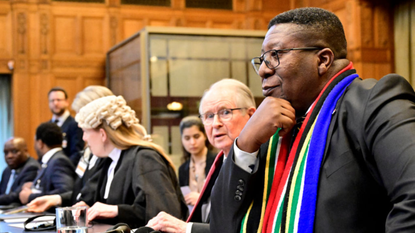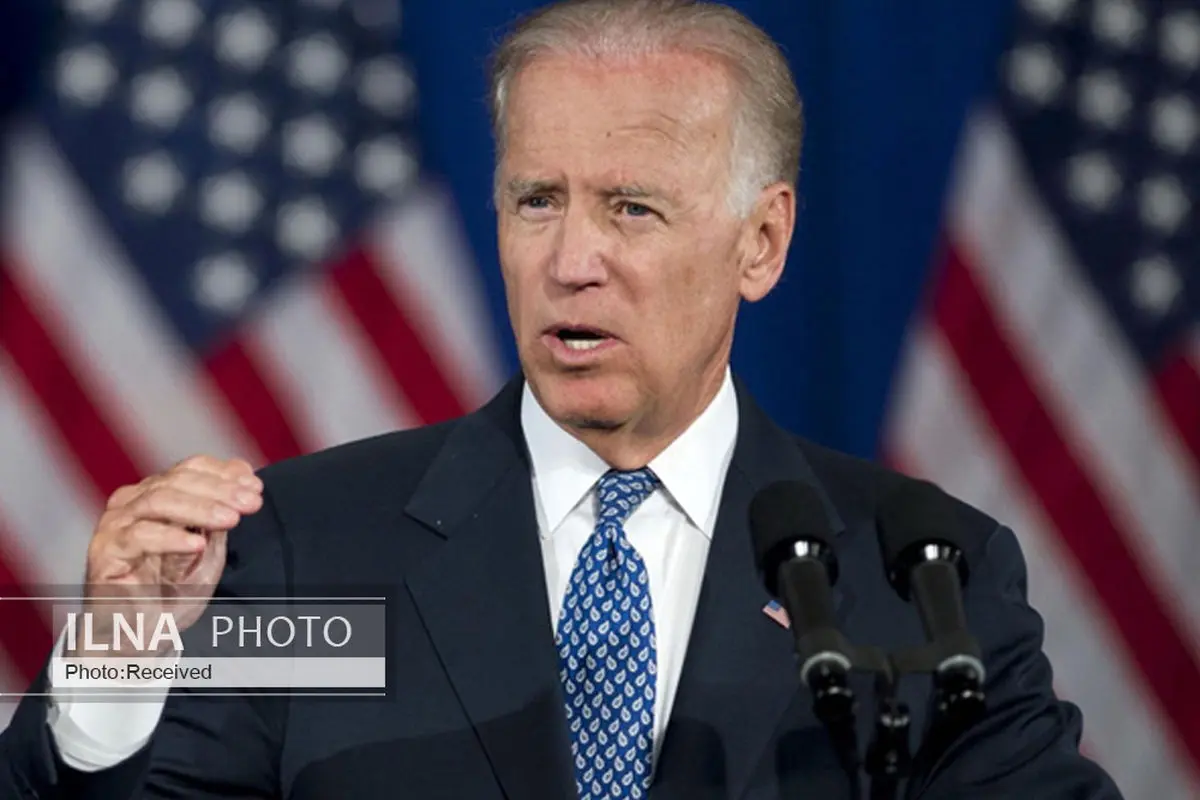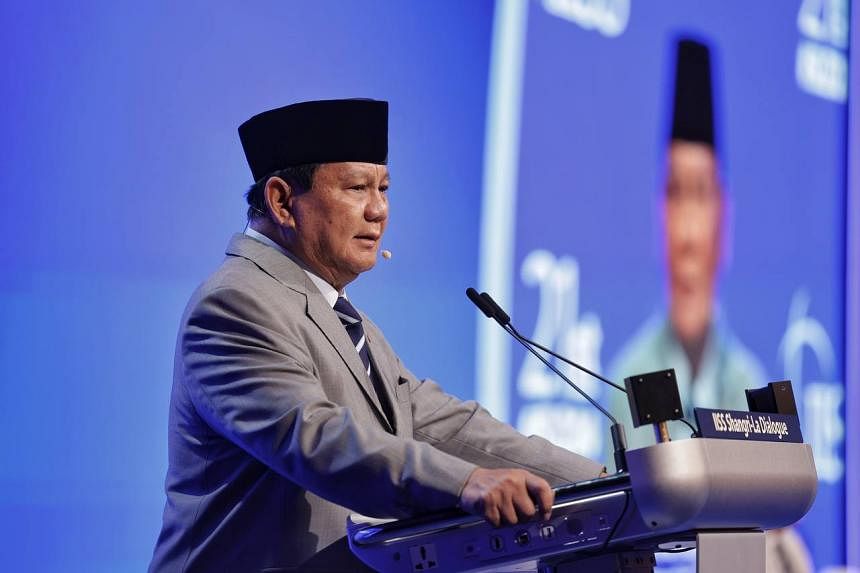
Google's Chief Privacy Officer announces departure, position won't be filled
Keith Enright, Google's Chief Privacy Officer, has announced his departure after a 13-year tenure.In a LinkedIn post, Enright confirmed his exit stating, "After over 13 years at Google, I'm ready for a change, and will be moving on this fall."His departure was reportedly met with surprise by Google employees.During his time at the firm, he led the global privacy team in developing and implementing privacy as well as data policies, across all of Google's products and services.
Approach to privacy policy post-Enright
Google will not seek a replacement for Enright. Instead, the company plans to restructure its approach to policy and privacy work, by involving multiple teams.A Google spokesperson stated that they, "regularly evolve our legal, regulatory, and compliance work as we launch and run innovative services that comply with a growing number of intersecting obligations and expectations."This comes as part of Google's broader effort to adapt its legal, regulatory, and compliance operations in response to increasing global regulations.
Google's head of competition law also departs
Matthew Bye, Google's chief of competition law, is also leaving the firm after a 15-year tenure.Similar to Enright's position, Google will not seek a direct replacement for Bye.The departures of both Enright and Bye, come at a time when Google faces legal challenges from media groups over its advertising practices.
Google's privacy practices under scrutiny
Google's commitment to user privacy has recently been under scrutiny.In December last year, the company settled a lawsuit alleging unauthorized data collection from Chrome users in incognito mode.As part of the settlement, Google decided to delete billions of user data records. Further controversy arose when an internal database was leaked, revealing thousands of privacy incidents between 2013 and 2018.A Google spokesperson denied any links between these leaks and Enright's and Bye's departure announcements.

